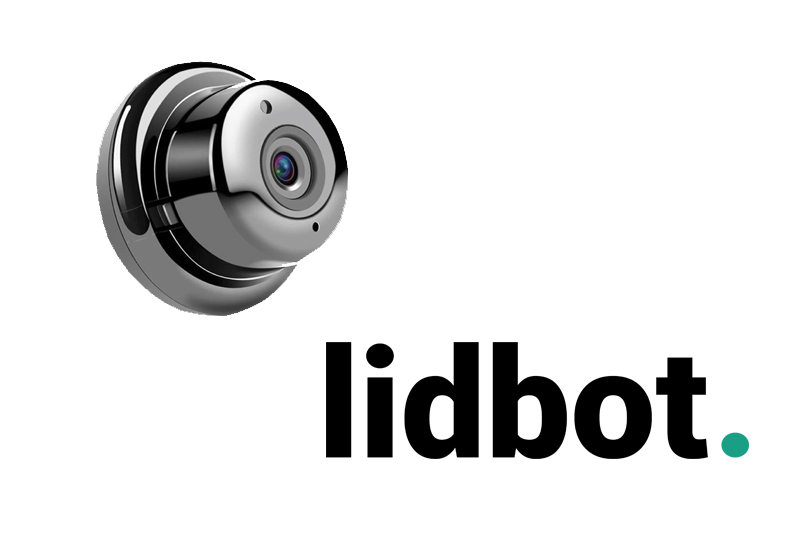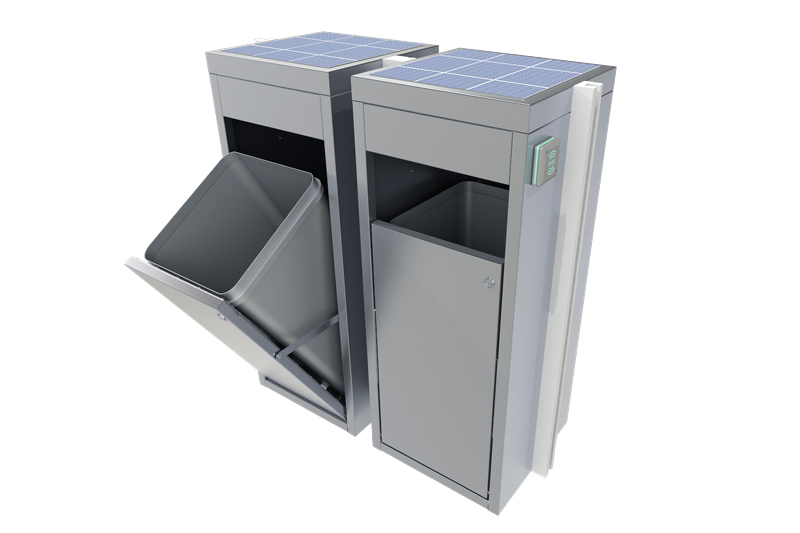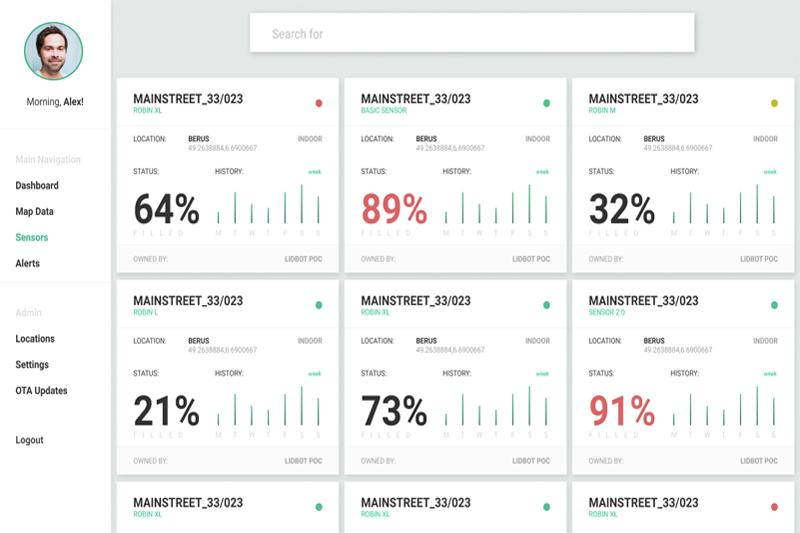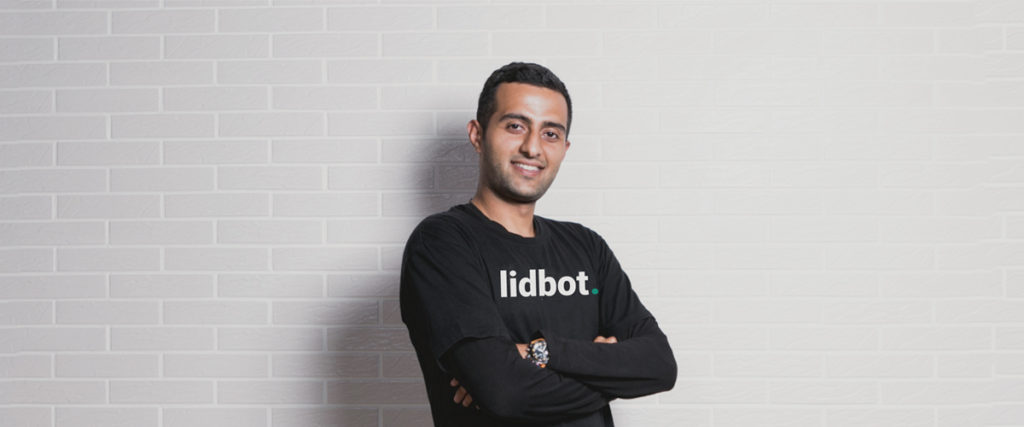Could the secret to cleaner cities be found in our trash? Lidbot, a Taiwanese developer of smart sensors for rubbish bins, thinks so. Find out why.
Once labelled ‘Garbage Island’ following its rapid industrialisation in the 20th century, Taiwan has now become a leader in waste management as the birthplace of innovative, smart city startups such as Miniwiz, Bionicraft and Osense, all founded in Taipei. Newest on the block is Lidbot. Started in Taiwan in April 2018 by Ham Karami, its proposition is to install sensors in bins around the city to track and record waste management data, providing information that can then be used to optimise waste and recycling systems. “One of the biggest challenges I face is to get people excited about waste. It isn’t the most attractive of industries but one that needs a lot of innovation,” says Ham. Read on to discover how he plans to do just that – cleaning up our cities as he goes.

“When I was in high school, my friends and I were part of an environmental club. We worked towards transitioning our school into a gold-certified smart school, so we installed fluorescent lights with motion sensors and upgraded the school’s waste and recycling system,” says Ham. “I think this was the ah-ha moment for me. I realised this was something I could dedicate my life towards, and maybe even one day be known for helping cities turn into the green cities of the future”.
For him, the problem was clear: “Waste management systems are literally a mess – no pun intended!” He knew that in his city, bins were often emptied when they weren’t full, and at other times, neglected when they were overflowing – instances which both had negative implications for the environment. “Curbside waste collection is a complex problem and it was being treated with no insights. For businesses, that means time and manpower spent collecting waste and recycling bins when it’s not necessary. For cities, fixing this means lowering the cost of collection and also having fewer cars on the road and for shorter time periods. Don’t be fooled – the amount of dollars saved is in the millions,” he explains.

With his Lidbot sensors, Ham proposes to do just that. Each sensor costs less than USD 50 and lives on the underside of a bin’s lid – just as the name would suggest. Their sensors are fitted with a globally connected SIM, meaning they’re able to transmit data to over 156 countries through a cellular reception, while the actual data collected is able to distinguish between solids and liquids with a tolerance of just a millimetre. Once installed, it measures the distance between itself and the level of waste, a deceptively simple big data point that can then be extrapolated to give a lot of information. “Lidbot gives real-time data and updates on our waste and recycling. This data then helps make optimisations. For instance, if a manufacturing plant were to make a change in its system, it could use Lidbot to measure the effects of that change and see how much waste was prevented.” For example, with the knowledge of which bins are full and which are not, simple optimisations like redesigning bin changing routes enable greater efficiency all around, reducing unnecessary traffic on the ground and decreasing waste overflows.

Now in the final stages of product development, the Lidbot team are on the brink of the realisation of their smart city breakthrough. “Once the development is done, we will be shipping our products globally. We have a lot of interest from Germany, UK, Hong Kong and of course, Taiwan,” he says. Their secondary product, lidbot.robin, takes the concept a stage further with inbuilt sensors, longer-lasting batteries and a Radio Frequency Identifier card scanner (RFID). “We’re really excited about RFID for a few reasons. It will be used for the pickup staff to note that they have visited the lidbot.robin at a particular time and place while the sensor validates this. It also enables the ability to have an open market for waste management collection where anyone can compete,” explains Ham. “Currently, waste management collection is contracted to a single private company via a public tender. With lidbot.robin, a series of bins simply request a pickup. The market would be ignited and our cities kept clean.”
Innovation in this space isn’t something Ham has found easy. “The waste space is quite dark and scary. There are lies, deception, fraud and even the mafia involved. Both businesses and cities have issues keeping track of waste data, and the old methods of keeping a paper trail simply don’t work.” That said, he sees others like him striving to challenge the status quo. “I want to make it clear that we do have ‘competitors.’ I put that in quotations because we aren’t primarily driven by revenue and market share capitalisation. For us, they are more like mutually-driven companies who also want to solve this massive global issue. We are at this really sweet spot in time where the technology is ready and the only thing left is for people to make it happen.”





